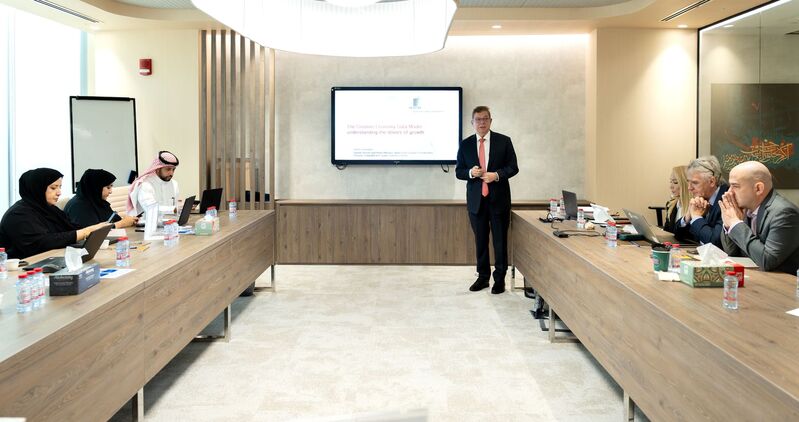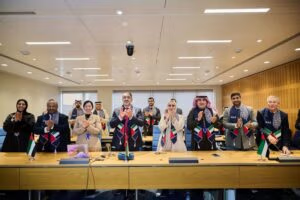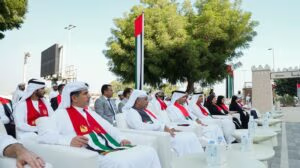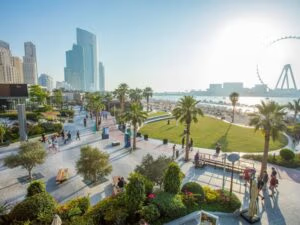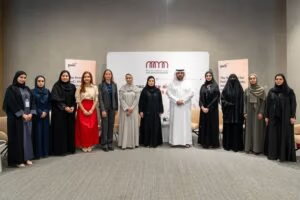The Ministry of Culture has launched a specialised training programme designed to update the data model used within the Statistical Framework for the Creative Economy project.
This initiative is being carried out in partnership with the World Intellectual Property Organisation (WIPO) and the Federal Competitiveness and Statistics Centre, with the active involvement of the Ministry of Economy and Tourism and statistical centres across the UAE.
The programme supports the UAE’s ongoing efforts to strengthen national statistical capabilities related to monitoring data in culture, arts, and the creative industries, in line with WIPO’s globally adopted methodology.
Mubarak Al Nakhi, Under-Secretary of the Ministry of Culture, said, “The programme represents a major milestone in advancing our long-term national vision to develop an integrated knowledge and statistical infrastructure that supports the creative economy. It accelerates our transition towards an innovation-driven economy powered by strong cultural production.
Through this international partnership, we are building a high-quality national data ecosystem that will inform future policies and initiatives and strengthen our ability to measure the impact of investments in culture and the arts, ultimately enabling clear growth trajectories in the years ahead.”
“By partnering with WIPO and the Federal Competitiveness and Statistics Centre, and through the support of federal and local entities, we aim to reinforce the UAE’s leadership in the development of cultural statistics models. We remain committed to providing tools and standards that empower decision-makers to formulate effective, evidence-based policies, strengthening the nation’s role as a regional and global driver of the creative economy,” he added.
“WIPO is very pleased to work with the Government of the UAE in implementing the Creative Economy Data Model. This is the first project of this type in the Middle East. It will provide a comprehensive overview of the quality of the ecosystem, supporting creative industries and will identify analytical data for policy making, highlighting the importance of intellectual property and culture for the creative industries,” said Dimiter Gantchev, Acting Director, CEDM Programme at WIPO.
The training programme brings together WIPO experts to enhance national methodologies for data collection and analysis and to support the development of indicators that measure performance in culture, arts, and the creative economy.
The updated statistical model will allow for more accurate and comprehensive data gathering, creating a strong basis for consistent monitoring of the sector’s national performance. This includes evaluating its contribution to economic growth, strengthening cultural sustainability, and boosting the UAE’s global competitiveness.
This initiative aligns with the National Strategy for the Cultural and Creative Industries, launched in 2021, which aims to expand the sector and elevate it to one of the UAE’s top ten economic contributors, increasing its share of GDP to 5% by 2031.
The UAE is the first Arab nation in the region to implement WIPO’s updated statistical model, reaffirming its leadership in adopting best practices that promote innovation and creativity, and further strengthening its standing as a leading cultural and creative hub both regionally and internationally.
(Inputs from WAM)

